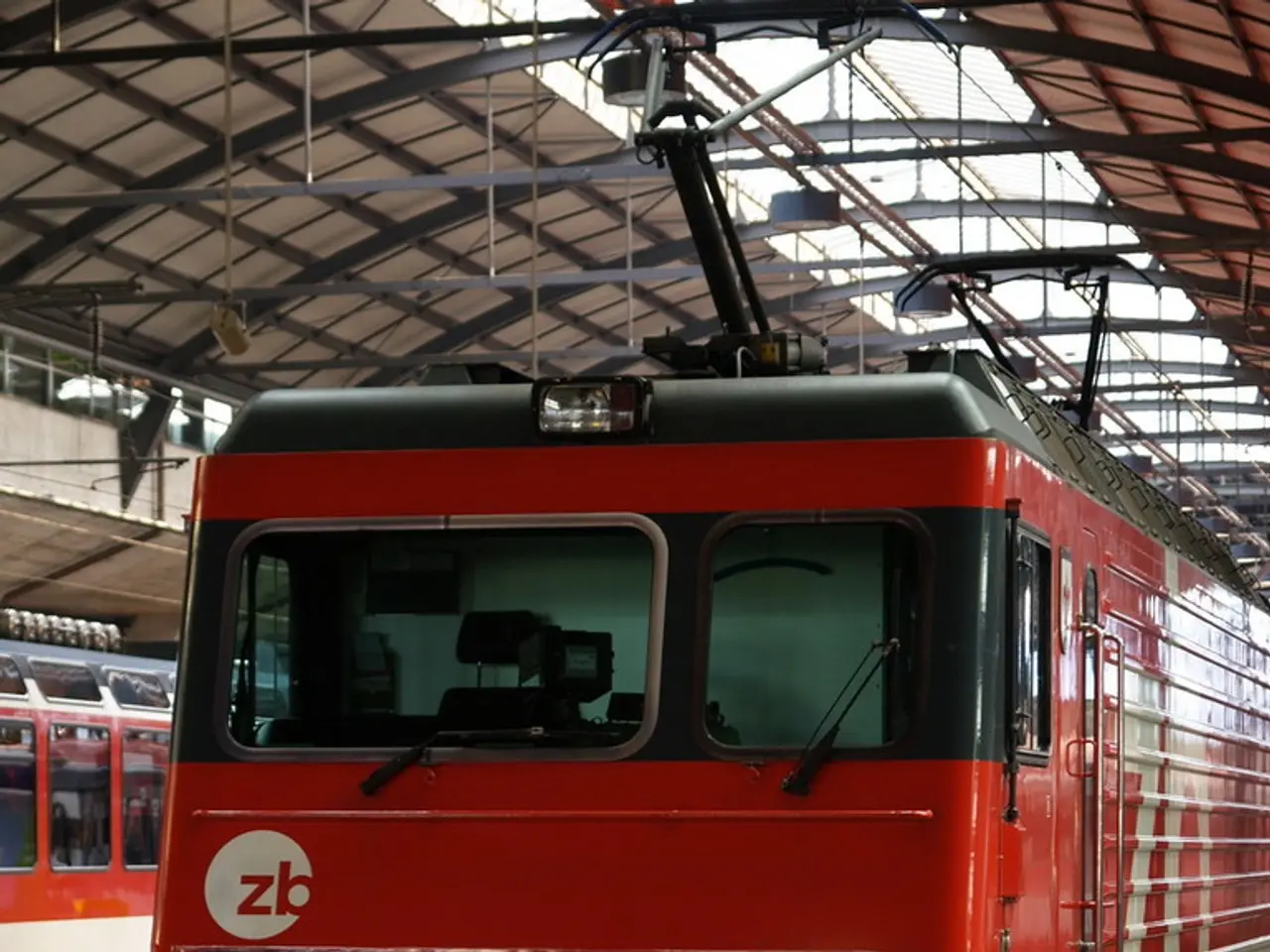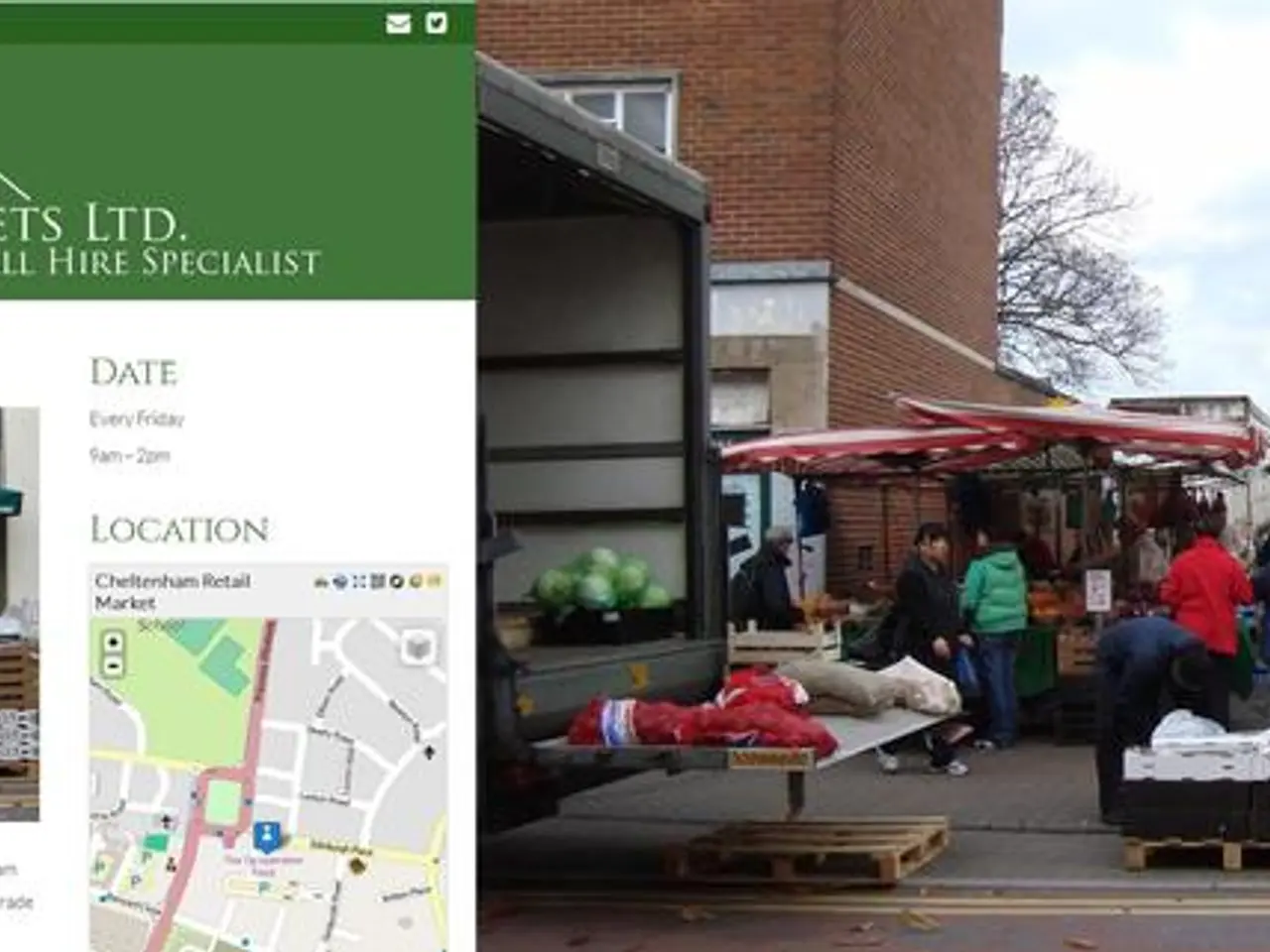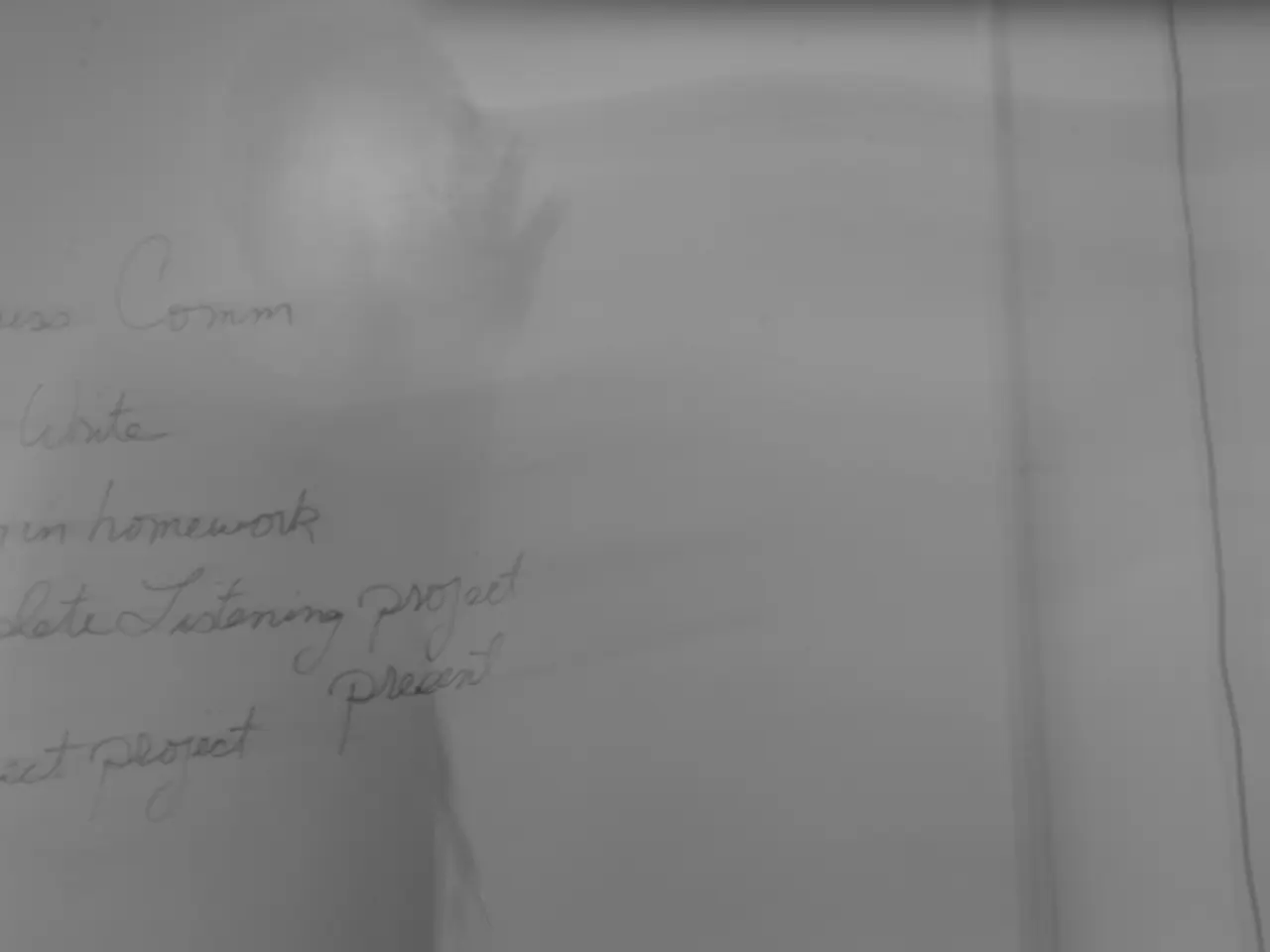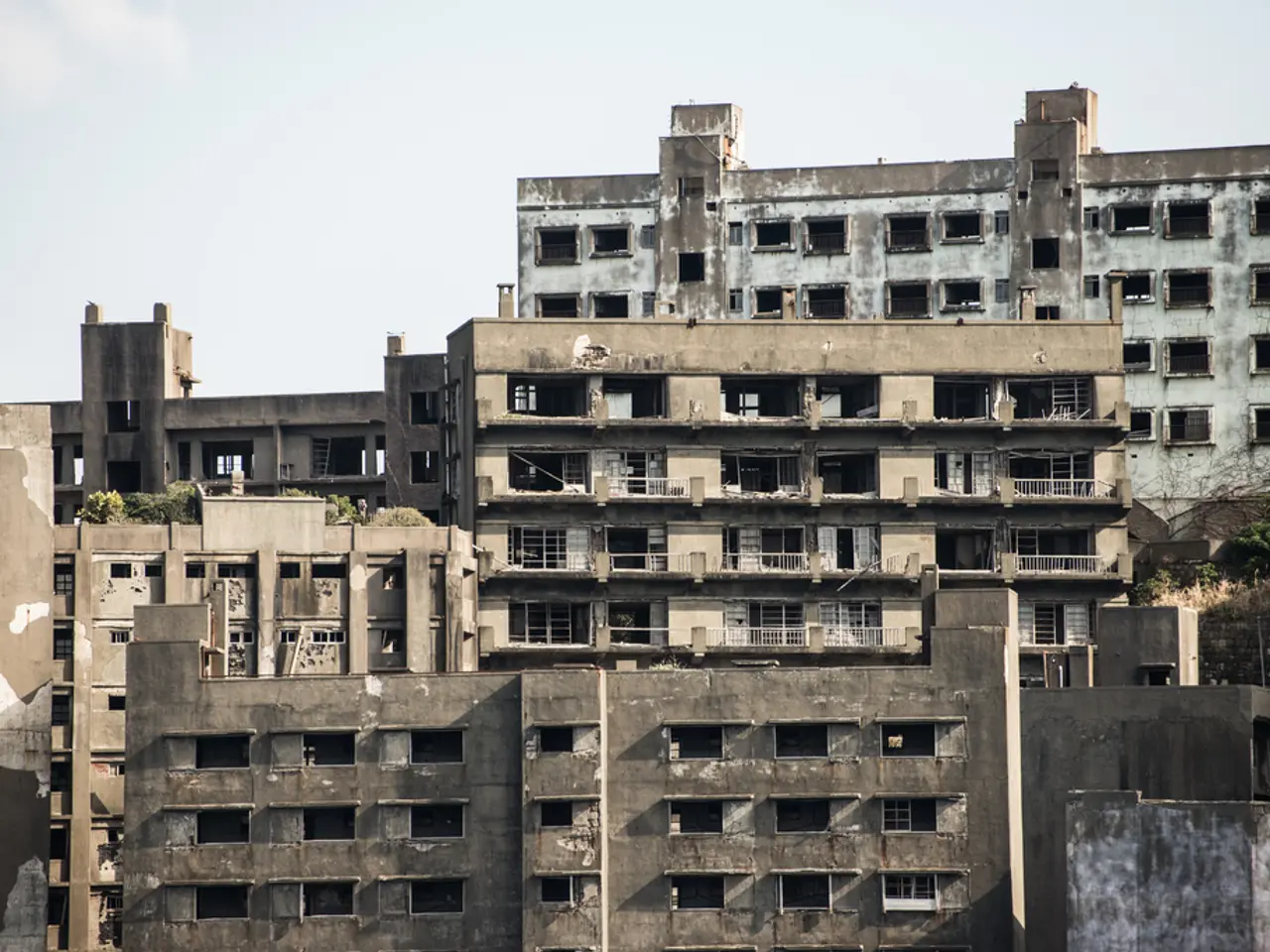British royal train service suspended for first time since the Victorian era.
In a move towards modernization and cost-cutting, King Charles III has announced the decommissioning of the Royal Train, a historic nine-carriage locomotive that has been a part of national life for many decades. This decision marks the first time since the Victorian era that the British monarchy will no longer use the Royal Train for official duties.
The Royal Train, which includes a carriage created especially for King Charles in the 1980s, has seen very infrequent use during King Charles' reign. The two journeys in the last year, costing nearly £90,000, and the annual maintenance and storage costs, which exceed half a million pounds when the train is idle, have prompted a review of its use and value for money.
James Chalmers, the King's Treasurer, described the move as an example of the royal household applying "fiscal discipline". He also commended King Charles's "resilience" for undertaking a wide program of public and state duties while continuing to receive treatment.
The decision comes at the end of a fiscal year in which King Charles returned to royal duties after being diagnosed with cancer. It is worth noting that his daughter-in-law Catherine was diagnosed with cancer in 2024 and went into remission this year.
King Charles bid a "fondest of farewells" to the Royal Train, expressing his personal attachment to the train despite its high costs. The process to bring the Royal Train to a halt will begin next year, and parts of the train are expected to be displayed in a museum, akin to the fate of the Royal Yacht Britannia.
While the Royal Family will continue to have access to the train for another two years until the maintenance program concludes, they are expected to opt for more practical transportation options such as commercial trains, cars, and leased sustainable-fuel helicopters.
This decision reflects a modernizing approach to royal finances and travel, prioritizing fiscal discipline and more practical transportation options. The Sovereign Grant, which pays for royal duties and upkeep of palaces, remained at £86.3 million ($118.5 million) in the financial year ending in March 2025, but it is set to rise to £132 million next year.
Last year, a UK media probe sparked anger after revealing that the royal household's estates were profiting from the public health service, charities, and individual renters while benefiting from major tax exemptions. This incident underscores the need for transparency and fiscal responsibility in the royal household's operations.
In 2020, William and Kate undertook a 1,250-mile (2,000-kilometre) rail tour of Britain on the Royal Train to thank essential workers for their efforts during the Covid-19 pandemic. However, the infrequent use of the Royal Train in recent years, coupled with its high costs, has led to its retirement.
References: [1] BBC News, "Royal Train to be decommissioned in 2027", 12 January 2023,
- The decommissioning of the Royal Train, a historical artifact of British royalty, marks a shift towards modernization and cost-cutting, as King Charles III emphasizes fiscal discipline.
- The high costs associated with the Royal Train, including maintenance, storage, and recent journeys that totaled nearly £90,000, have prompted a reevaluation and a move towards more economical travel options.
- As the royal family transitions to practical transportation like commercial trains, cars, and leased sustainable-fuel helicopters, they will phase out the expensive Royal Train, with parts to be displayed in a museum, much like the Royal Yacht Britannia.
- Amidst the focus on fiscal responsibility, it's worth remembering previous controversies, such as the UK media probe revealing the royal household's estates profiting while benefiting from major tax exemptions, which underscores the importance of transparency.
- Despite the decision to retire the Royal Train, memories of its significant historical moments linger, such as William and Kate's 2020 rail tour to thank essential workers during the Covid-19 pandemic, showcasing its value in national life despite infrequent recent use.




